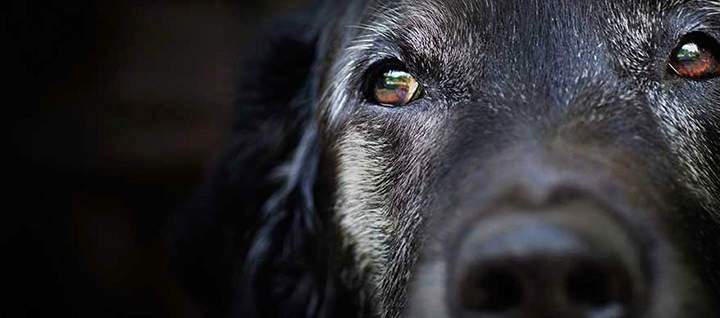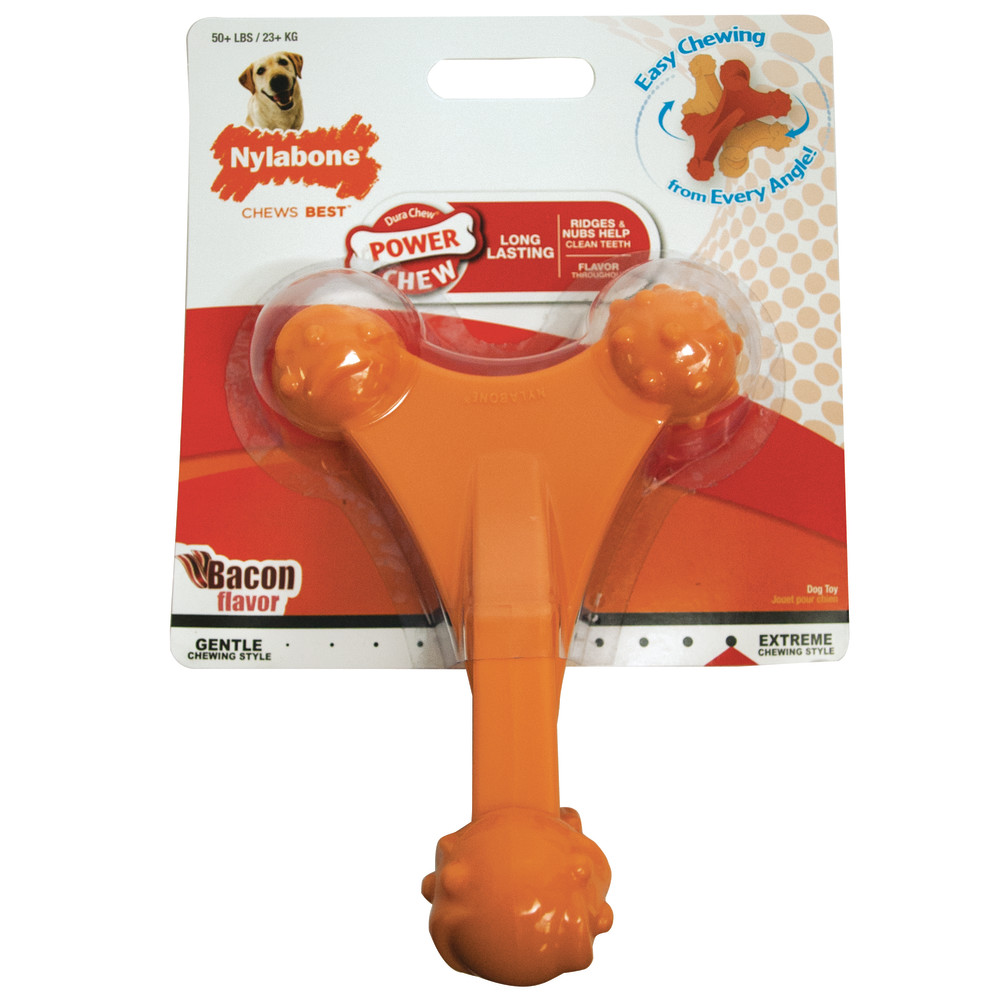Common Health Issues in Senior Dogs
No matter how much you try to deny or ignore it, your dog will not always be a puppy. Some dogs can live 15 years or more, but all dogs will eventually reach their senior years. Older dogs tend to sleep more and play less. They also typically have more health problems.
Some health problems may include the following:
Arthritis
Arthritis can cause significant discomfort for a senior dog. He may develop a limp, have difficulty lying down or getting up, or no longer be able to make the climb up stairs. Diet supplements can help to keep joints supple, and anti-inflammatory medications can help to ease the pain, but the best way to keep your dog feeling good is to make sure he gets regular, moderate exercise. If your dog is struggling on a daily basis, it will be difficult for you to watch. You may want to consider purchasing some products made specifically for older or disabled dogs, such as an orthopedic dog bed, heated blankets, or ramps for access to places that normally require climbing stairs or jumping up.
Canine Cognitive Dysfunction
If a dog's normal behavior changes and there is no specific physical cause, he may suffer from Canine Cognitive Dysfunction Syndrome (CDS), a degenerative disease that can affect a dog’s memory. Over 50 percent of dogs over the age of eight have CDS to some degree. Symptoms include frequent "accidents" in the house, obvious confusion (such as not recognizing friends, ignoring you when you call his name, etc.), or a significant change in sleeping patterns. A veterinarian may be able to recommend certain ways to help your dog through this time, but if your senior dog suffers from this syndrome, one of the best things you can do for him is to show him unfailing love and support.
Blindness
As your dog gets older, his vision may begin to deteriorate. The lens of his eye hardens and becomes less flexible, making it difficult for him to focus. This is usually a normal part of the aging process and will not require treatment. It is rare for a dog to become completely blind, or even to lose enough sight to cause a change in his quality of life.
Deafness
Hearing loss is also common in senior dogs, but it generally occurs gradually, so most dogs are able to adjust quite well. As your dog gets older, check his ears often to make sure they are healthy and clean. If necessary, speak louder when you are talking to him, and try to incorporate some hand signals so he can still understand what you're saying even if he can't hear every word that comes out of your mouth.
FOLLOW US!






